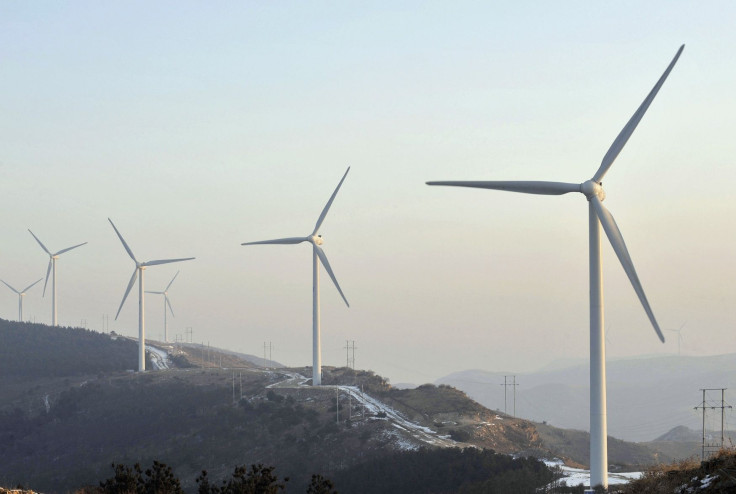Early investment in renewable energy can help prevent high electricity prices, CEFC says

The Clean Energy Finance Corporation (CEFC) dismissed claims made by the Federal Government that high renewable energy targets could lead to potential blackouts. According to the organisation, "high levels of renewable penetration are technically feasible and consistent with maintaining energy security.”
Electricity prices could see a dramatic escalation if we fail to invest in renewable energy and storage, CEFC said. The prices will he higher, it added, “if ageing coal-fired generation capacity is withdrawn before new renewable energy capacity is available to meet the shortfall.”
“To facilitate a smooth transition to a high-renewables system and avoid price spikes, policies should support early investment in renewables to prepare in advance for coal capacity withdrawals,” CEFC said. The organisation’s submission to chief scientist Alan Finkel's review of the future security of the energy grid opposes the Federal Government’s assertion that, in order to produce reliable “baseload” power for the grid, there is a need to invest in clean coal.
Gas-fired electricity will also be expensive, the organisation added. "Gas prices are expected to rise significantly further in real terms over the next 15 years as international demand increasingly determines Australian domestic gas prices through LNG exports,” CEFC said.
Renewable energy and renewable electricity storage have the potential to "transform the electricity sector,” CEFC said. There is a need to better the transmission network in order to accommodate higher levels of renewable energy supply. Nevertheless, integrating high levels of renewable energy can be achieved, as was referenced in studies cited by CEFC.
"Investment in strengthening transmission interconnections between regions will help balance supply and demand, reduce price volatility, promote access to least-cost renewable energy resources and boost system redundancy in a grid with high renewables penetration," the organisation said.
Studies have also shown trees in Australia may not be capable of offsetting increasing carbon emissions. The findings of the study, conducted by scientists at the Western Sydney University and published in the Nature Climate Change journal, revealed that the trees in Australia may not have the ability to store as much carbon as has been expected. For example, Australia's iconic Eucalyptus forests do not contain adequate amounts of nutrients in the soil to counterbalance the excessive carbon dioxide in the atmosphere.




















